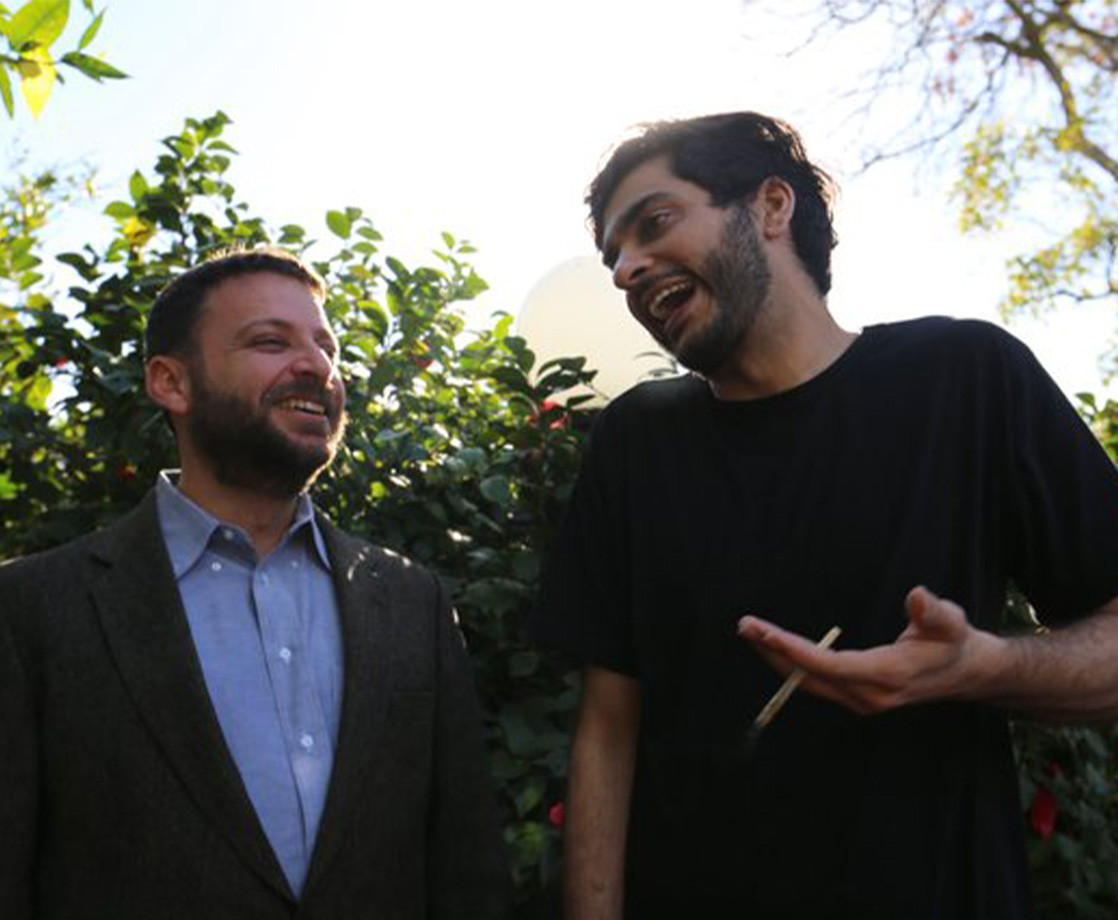A growing number of California’s legal cannabis cultivators are choosing to employ blockchain technology to track and trace their plants from seed to sale.
Mendocino Clone Company (MCC), a cannabis nursery and seed bank, is the latest company to embrace this new tech. Starting in 2023, the nursery will include blockchain-based “Batch Certificates” along with each and every mother plant or clone that it sells. These certificates link each plant to a unique identity block, allowing customers to verify the authenticity and genetic lineage of every plant that they buy.
To create these new certificates, MCC is partnering with the EMTRI project, a decentralized cannabis supply chain community, and Global Compliance Applications Corp., a blockchain tech firm. MCC’s first round of certificates will be included along with clones of its new “Lemond Lung Slapper” strain, which will be available next month. With the new certificates active, customers will be able to track their plants while they are harvested, processed, and ultimately sold at legal dispensaries.
“At Mendocino Clone Company, we are always looking for ways to innovate and improve the quality of our products,” said MCC CEO Jed Davis in a statement. “We believe that by joining the EMTRI decentralized community, we can provide an additional level of transparency and trust for our customers.”
Most cannabis products on the market today have QR codes that provide information on THC content, lab testing results, and strain information. QR codes can be easily faked, though, and some black market dealers even include codes that link to completely bogus test results. Blockchain tech can help resolve these concerns by storing each plant’s unique information in a decentralized digital ledger that cannot be duplicated or falsified.
Blockchain is probably best known as the tech behind Bitcoin, Ethereum and other forms of cryptocurrency. This new technology uses peer-to-peer networks to confirm, timestamp, track, and verify data on each individual block of data. And because each block contains information about the previous block, the data in any given transaction cannot be altered without altering the entire blockchain.
Many tech firms are currently courting cannabis startups with new blockchain-based seed-to-sale tracking solutions, and several adult-use states have adopted similar setups for their own track-and-trace programs. IBM even tried to convince British Columbia to adopt a blockchain tracking solution before Canada legalized adult-use weed in 2018. Other companies have come up with their own unique twists on these concepts, too, including an unusual plan to spray legal weed plants with blockchain-traceable DNA tags.











